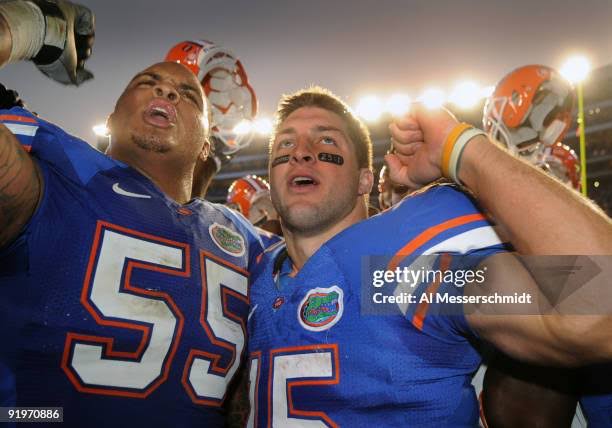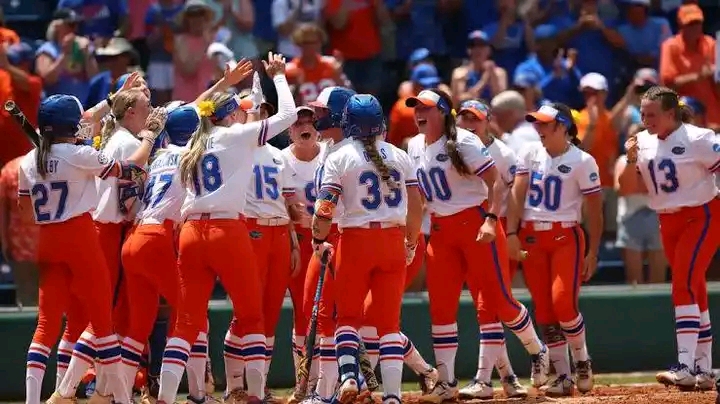
The pressure is mounting in Madison as Wisconsin Badgers head coach Luke Fickell finds himself just outside the top tier of Big Ten coaches heading into the 2025 season. Once heralded as one of the most promising hires in college football, Fickell now faces growing skepticism about his fit and performance in the ever-competitive Big Ten Conference.
According to USA Today’s Paul Myerberg, Fickell, who is about to begin his third season leading the Badgers, ranks 11th in a newly released power ranking of all 18 Big Ten head coaches. While that position isn’t disastrous, it does represent a significant drop in stature for a coach once thought to be a program-changer for Wisconsin. Expectations were high when Fickell arrived in 2023, fresh off a successful stint at Cincinnati where he built a Group of Five powerhouse and even led the Bearcats to a College Football Playoff appearance.

OKBut the Big Ten is a different animal, and Fickell’s transition has been rockier than anticipated. Myerberg drew a parallel to another high-profile coach who has struggled in a new environment: “Like [Lincoln] Riley, Fickell has struggled since joining the Big Ten with major fanfare,” he wrote. The comment underscores the challenges facing coaches who step into high-pressure roles with instant expectations for success.
Fickell’s exclusion from the Top 10 is especially notable given the caliber of coaches ranked above him. Topping the list is Ryan Day of the Ohio State Buckeyes, a perennial College Football Playoff contender. Day has consistently kept Ohio State among the national elite, making his spot at No. 1 unsurprising. Penn State’s James Franklin comes in second, followed by Iowa’s long-tenured leader Kirk Ferentz, Oregon’s rising star Dan Lanning, and Nebraska’s Matt Rhule, who has quickly revitalized the Cornhuskers’ once-proud program.
Also ranked ahead of Fickell are Michigan’s Sherrone Moore, USC’s Lincoln Riley, Washington’s Jedd Fisch, Rutgers’ Greg Schiano, and Illinois’ Bret Bielema—another former Badgers head coach.
Wisconsin has shown flashes of potential under Fickell, but inconsistency has plagued the team over the past two seasons. The offense, in particular, has struggled to find a reliable identity, and the defense has yet to recapture the dominance that defined the Badgers during their best years. With the Big Ten expanding and competition becoming fiercer, Fickell will need to deliver tangible progress in 2025 to shake off doubts and reassert himself as one of the conference’s top coaching minds.
While being ranked 11th doesn’t spell doom, it places Fickell at a crossroads. Another underwhelming season could raise questions about Wisconsin’s long-term trajectory under his leadership. But if he can rally the Badgers and turn potential into performance, there’s still plenty of room for a narrative rewrite. For now, though, Fickell has work to do—not just on the field, but in reclaiming the respect of the college football world.






